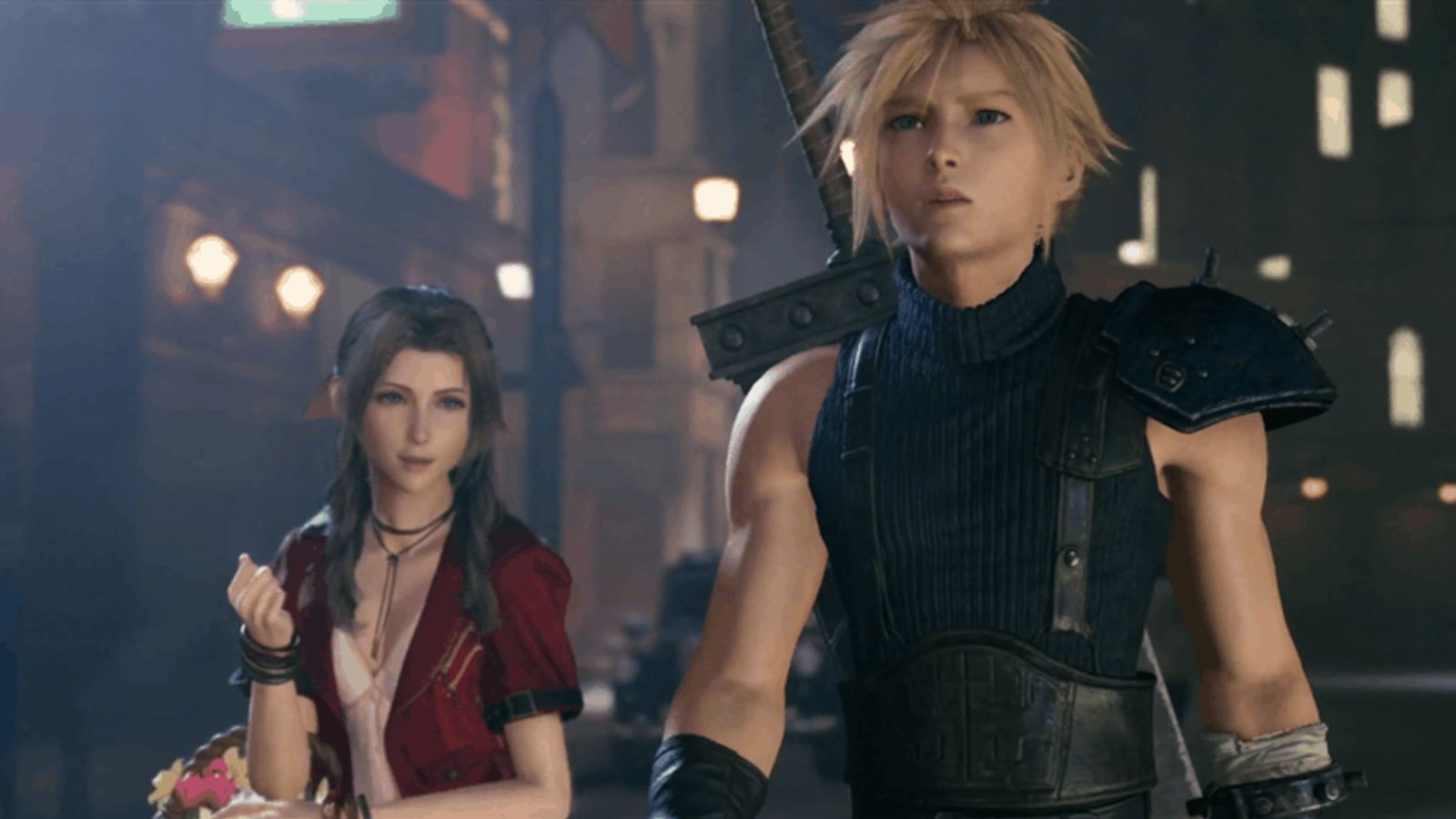There’s a strange new trend emerging in the world of gaming, and it’s not the fact that we seem to be getting more and more remakes than ever. There’s nothing surprising about that. As film fans can tell you, there are few beloved properties that are immune from remakes.
No, the strange trend in gaming is that the remakes we are getting are not only better than ever but arguably among the most important games on the market. So far in 2019, we’ve already been treated to brilliant remakes of Crash Team Racing and Resident Evil 2 (the latter of which is one of the best games of the year), and we’ve still got the incredible looking MediEvil remake on the horizon. Final Fantasy 7 Remake and the System Shock remake are already two of the most exciting games on the horizon, and recent years have blessed us with incredible remakes of games like Shadow of the Colossus and the Crash Bandicoot Trilogy.
On top of all that, you’ve got remasters of games like Onimusha and Final Fantasy 8 which may not be total remakes but certainly help keep the originals alive after all these years.
It’d be a lie to say that video game remakes and remasters have only recently gotten good. The GameCube alone boasted two of the best remakes ever in Resident Evil and Metal Gear Solid: The Twin Snakes.
However, it’s only recently that we’ve been treated to a fairly steady stream of remakes that consistently embody the ideas of those two classic remakes. That is to say that we’re getting remakes from developers not afraid to say, “Yes, this is a classic game, but that doesn’t mean that it can’t be done better or at least different.”
The remake that most recently represented that philosophy (Resident Evil 2) is worthy of being the current icon of this new generation of quality remakes. It retained the core elements of what made Resident Evil 2 work (namely certain landmarks, plot points, and characters) but completely re-imagined everything else about the game. Gone were the fixed cameras, slow combat, and tank controls of the original. Some fans speculated that the removal of such elements would cut at the core of the point of playing Resident Evil 2, but the opposite proved to be true.
By updating those aspects of Resident Evil 2, Capcom offered old players the chance to re-experience a classic and new fans the chance to experience it for the first time by way of the best that modern technology and design improvements have to offer.
And if you’re looking for the reason why these remakes and remasters are more important than ever, look no further than that. Video games are art, but they are art based on technology. These two classifications have typically been at odds in many ways. Art can be timeless, but there are few things that age worse than technology. There’s a reason you’re not still using your family computer from 1997 or the old VCR.
What these remakes do is not help preserve video game history (certainly an important quality in these changing times) but restore it. The fact of the matter is that there are quite a few classic games which wouldn’t feel like classics to modern gamers trying to experience them for the first time, or (if people are being honest with themselves) to some of those who played them originally. That’s due to the limitations of the technological side of gaming, not the artistic side.
These remakes help ensure that the artistic brilliance of these classic games truly survives the time rather than being relegated to the footnotes of history. Even better, more and more of them are being made by studios that seemingly recognize their duty to ensure that a remake stands tall on its own while exemplifying why certain games are worth revisiting in the first place.





